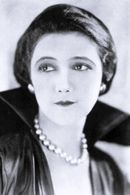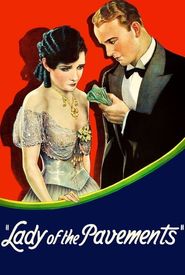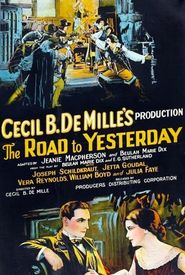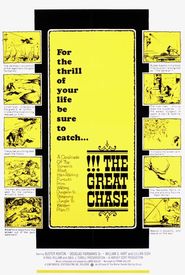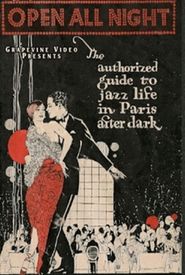Jetta Goudal, a Dutch-born silent screen actress, was a Hollywood starlet rivalling the likes of Gloria Swanson, Barbara La Marr, and Nita Naldi during her heyday. Born Juliette Henriette Goudeket in Amsterdam to a Jewish orthodox diamond cutter, she began her career on stage in Europe, touring with various theater companies before arriving in New York City in 1918 following the World War I armistice.
Disguising her Dutch and Jewish ancestry and age, Goudal passed herself off as "Jetta Goudal," a Parisienne born in Versailles in 1901, the daughter of a lawyer. She made her Broadway debut in March 1921 in the drama "The Hero" and returned in September with the melodrama "The Elton Charm." She soon caught the eye of legendary producer/director Cecil B. DeMille, who hired her for several of his greatest critical successes, including "The Coming of Amos," "The Road to Yesterday," "White Gold," and "The Forbidden Woman."
Goudal's exotic allure and mysterious persona on-screen came with a price, as she was known for her fierce temper and diva-like behavior on set. Her difficulty in working with DeMille led to a landmark lawsuit, which she ultimately won due to the lack of financial records from the studio to support their claims. However, the damage to her career and reputation was significant, and she never recaptured her former glory.
With the advent of sound, Goudal's thick French accent limited her opportunities, and she retired from the screen in 1933. She married art director Harold Grieve in 1930 and went into interior design with her husband, fading from the Hollywood scene. The couple had no children and were plagued by health problems, including Goudal's heart condition, in the 1960s. She suffered a serious fall in 1973, leaving her an invalid, and died in 1985. Her devoted husband was interred next to her upon his death in 1993.
